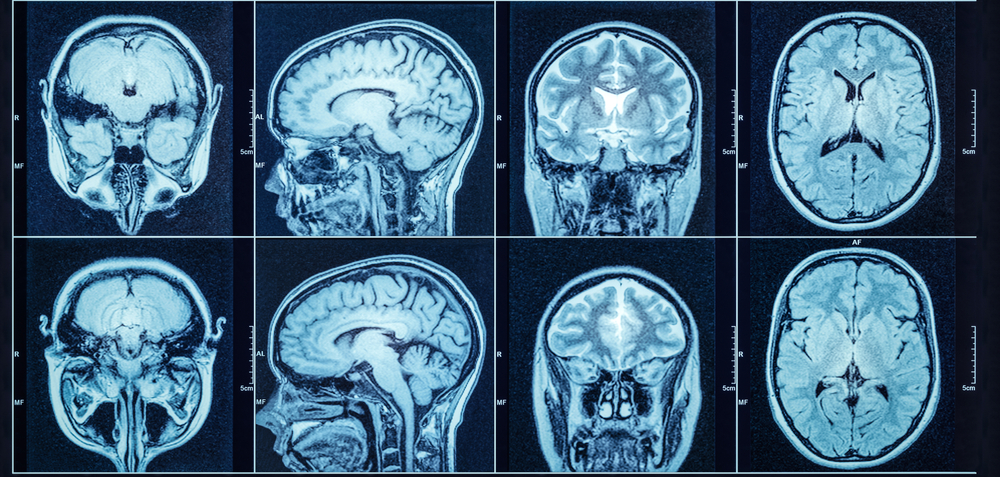According to the Centers for Disease Control and Prevention (CDC), approximately 166 deaths occur every day in the U.S. as a result of a traumatic brain injury (TBI), and one of the leading causes of TBIs is motor vehicle accidents.
A traumatic brain injury is a significant cause of disability and death in the U.S. It can result from a blow, bump, or jolt to the head, such as from the sudden impact experienced in a car accident. A TBI can lead to symptoms that may linger for weeks or months or be permanent in some cases. A TBI, for example, may result in nerve damage, cognitive issues, communication challenges, and emotional changes.
If you’ve been involved in a car accident, it’s crucial to watch for signs of a possible TBI, as seeking immediate medical attention can help mitigate the long-term consequences of a brain injury.
Keep reading to learn more about what you should do to protect your health following a car accident. If you or someone you love has suffered a traumatic brain injury in a car accident, contact the Virginia personal injury law office of Deering Hedrick.
Our personal injury attorney is a skilled negotiator and a fierce litigator with a commitment to providing outstanding representation. Call our office today at 757-317-5676 or contact us online for a free consultation.
Concussions and TBIs After a Car Crash
In a serious car accident, a victim’s head may be struck, shaken, or may even suffer a penetrating injury. For example, a TBI can occur when a metal fragment during a car accident pierces the skull. This would be considered an open head injury, while a brain injury involving no break in the skull would be considered a closed head injury.
One of the most common types of traumatic brain injuries that occur are concussions, which often result from an impact, shaking, or a sudden change in movement. Most concussions will heal with rest. However, concussions can be more serious if a second blow is sustained to the head before the first concussion heals.
A TBI may also result in a contusion, or bruising of the brain tissue that sustained the force of the blow. When the force of impact causes the brain to hit the opposite side of the skull, resulting in injury at the site of the impact as well as the opposite side of the brain, this is called a coup-contrecoup brain injury.
A hematoma may also result from a car accident, which is when the blood vessels in the brain rupture and cause bleeding under the skull and may form a blood clot.
A diffuse axonal injury (DAI) is caused by a force that causes the brain to move rapidly back and forth within the skull, which can injure a larger area of the brain and cause nerve structures to tear, potentially causing severe damage or even death.
The long-term physical and mental consequences of a traumatic brain injury vary greatly. They depend upon the extent of the brain injury and the area of the brain that was injured. Directly after a traumatic brain injury, you may experience seizures, sleep disorders, psychiatric problems, and depression. These changes can persist for years and significantly affect your quality of life.
Research has also found that there is an increased number of people with TBIs who exhibit neurodegenerative diseases as they age. This can include progressive brain shrinking and chronic inflammation that leads to long-term brain disorders.
Signs and Symptoms of a TBI
You could potentially suffer a mild, moderate, or severe TBI in a car accident. The most common immediate symptoms of a mild brain injury or concussion after the accident include:
- Amnesia or loss of memory of the event surrounding the injury
- Blurred vision
- Confusion or feeling like you’re in a fog
- Dizziness or “seeing stars”
- Fatigue
- Headaches
- Nausea and/or vomiting
- Ringing in the ears
Symptoms of a moderate to severe brain injury include:
- Agitation, combativeness, or other unusual behavior
- Clear fluids draining from the nose or ears
- Coma
- Seizures or convulsions
- Dilation of one or both pupils
- Extreme confusion
- Loss of coordination
- Nausea and/or repeated vomiting
- Persistent headache or headache that worsens
- Slurred speech
- Numbness in fingers and toes
Injured? How Deering Hedrick Can Help
If you or a loved one has been in a car accident and suffered a traumatic brain injury, contact an experienced Virginia personal injury attorney to protect your rights and help you seek the compensation you deserve for your expenses and losses.
Our skilled legal team will work to gather crucial evidence to support your case, and we’ll negotiate aggressively for the settlement you need. We’ll also be prepared to fight for your case in court, if necessary. Contact Virginia Beach car accident lawyer Mike Deering at Deering Hedrick today at (757) 317-5676 or contact us online to schedule your free consultation.








